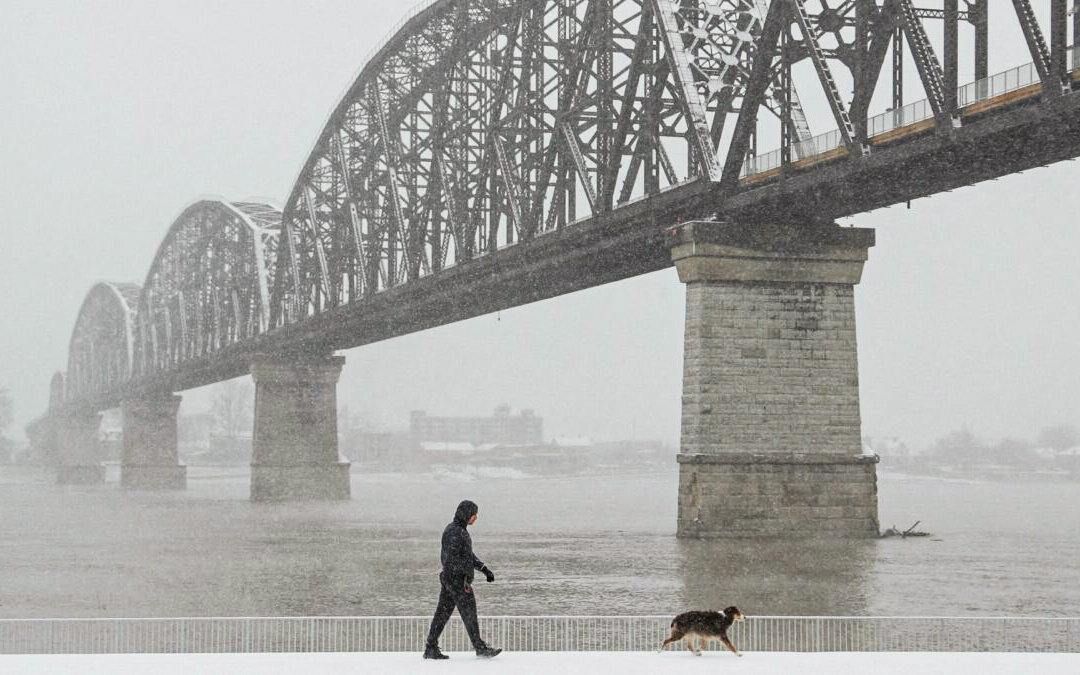Arctic air blasting across the northern tier of the United States gripped parts of the High Plains, the Upper Midwest and New England on Monday, with wind-chill alerts posted from Montana to Maine, the National Weather Service (NWS) said.
The frigid air mass, ushered in behind a cold front sweeping over the East Coast into the Atlantic, was expected to bring a combination of icy temperatures and winds that make it feel as cold as minus 40 degrees Fahrenheit in some places, the weather service said.





